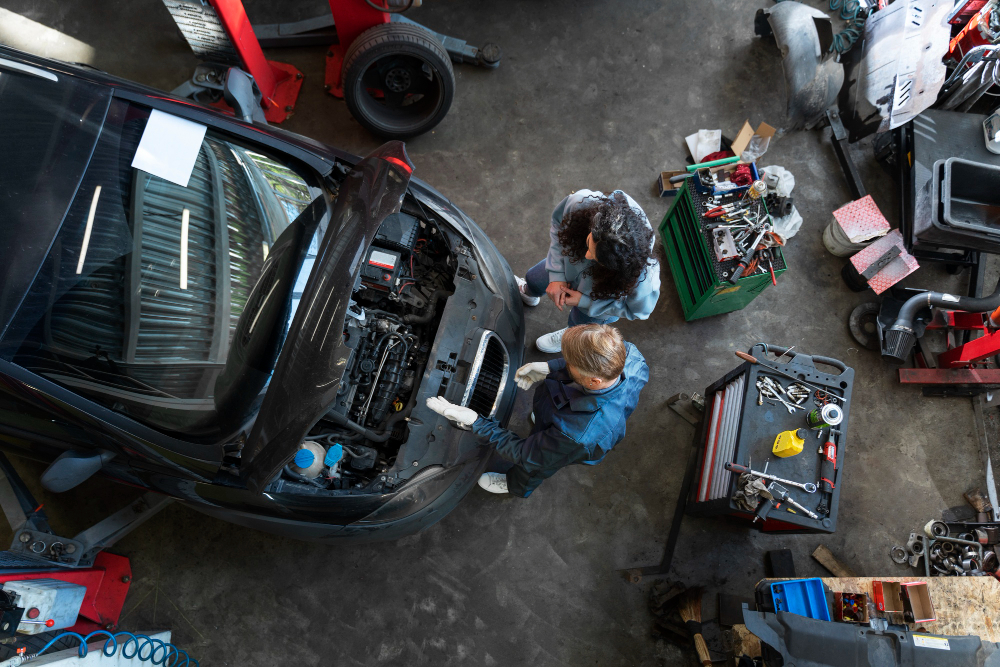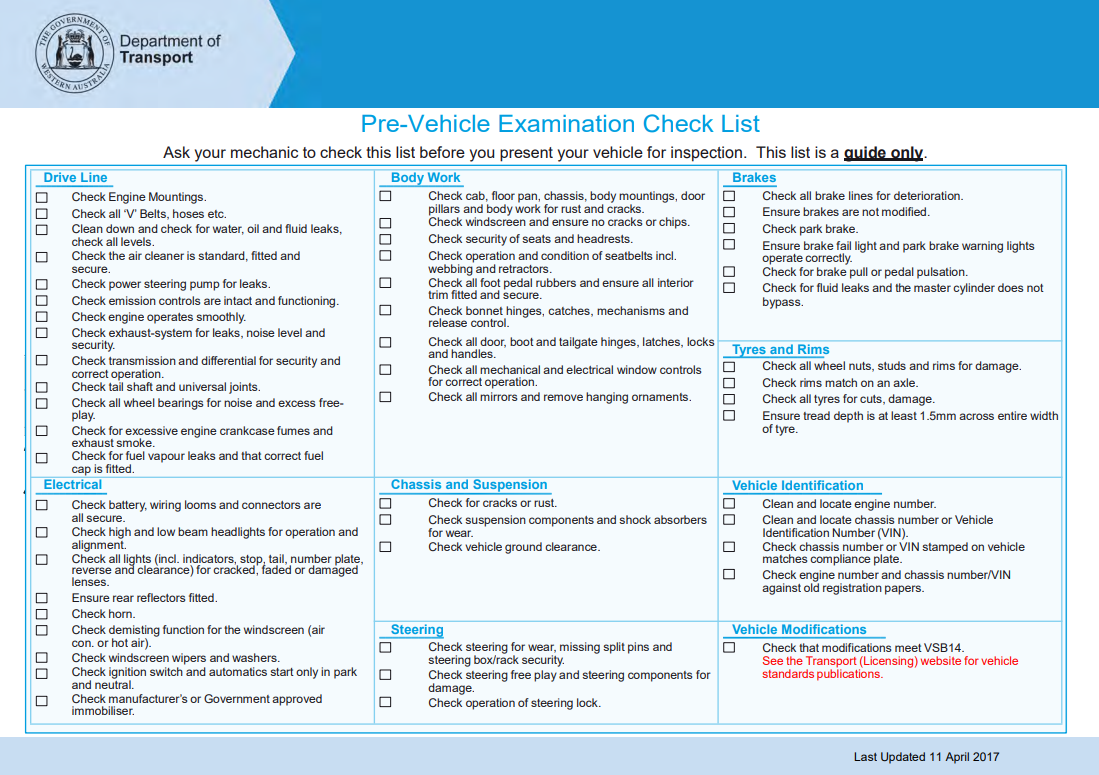Close
Discover the intricacies of the Pit Pass: Ensure roadworthiness and compliance with ease.
A roadworthy certificate (Pit Pass, or the ‘pit’) in the context of vehicle importation and inspection, especially in places like Australia, is a colloquial term for a pass granted after a vehicle successfully undergoes a detailed inspection.
This inspection checks whether the vehicle meets specific standards of Australian Design Rules and Road Vehicle Standards Rules 2019.
The RWC is the final and the most important step that allows your unique imported vehicle to be driven on Australian roads.

Certificated Inspection Workshops can be found in following pages, divided by states:
Queensland: TMR Website
New South Wales: NSW Government
Western Australia (does not require a certificate for private vehicles unless imported (from other states/countries) or modified): WA DOT
Australian Capital Territory: ACT GOV
Victoria: Vic Roads
South Australia (RWC inspection terms and conditions are applied): SA GOV
Tasmania (Defective Vehicle and Random Vehicle Inspection call-in scheme to check vehicles that may be considered un-roadworthy): Service Tasmania
Northern Territory (under three years old and under 4.5 tonnes before it is registered, renewed or transferred from interstate), more info please view: NT GOV

Discover WAAVV Import’s Car Inspection Service! Dive into a comprehensive evaluation process ensuring your imported vehicle meets the highest standards.
Experience peace of mind knowing every detail is scrutinized by our experts!

For More information on Local Registration, please view our Car Import Process Page!
Trust WAAVV for accurate vehicle verification and import inspections. Drive with confidence knowing your vehicle meets safety and regulatory standards.

Copyright © 2024 WAAVV, All rights reserved.